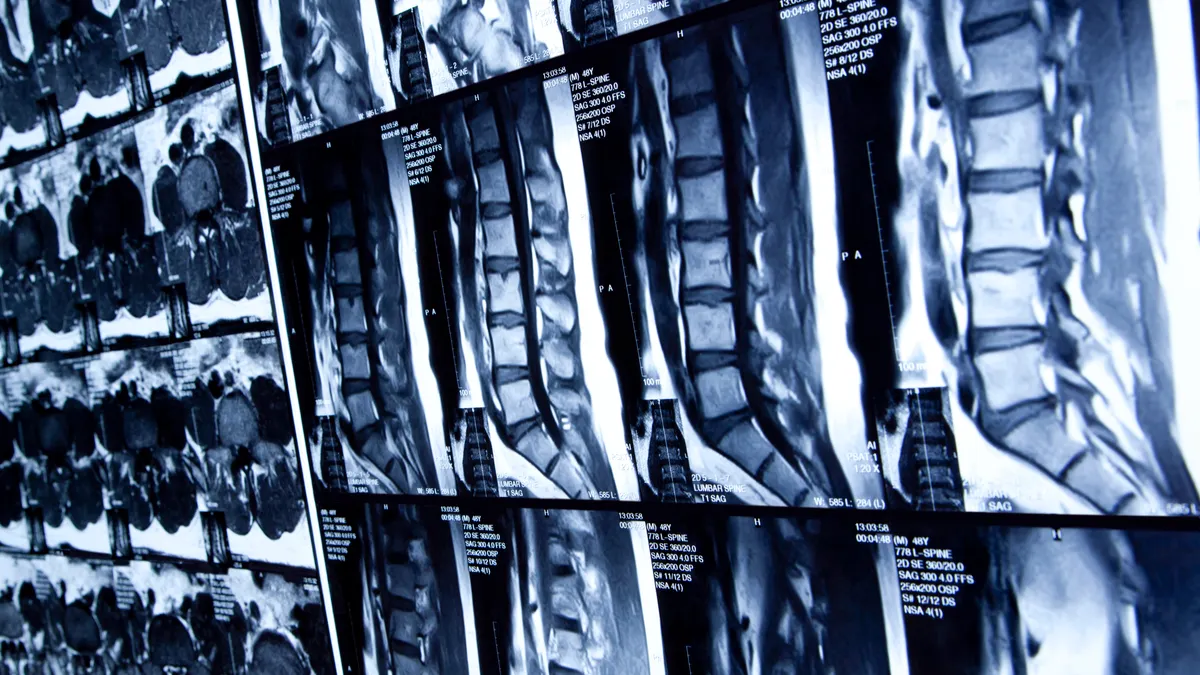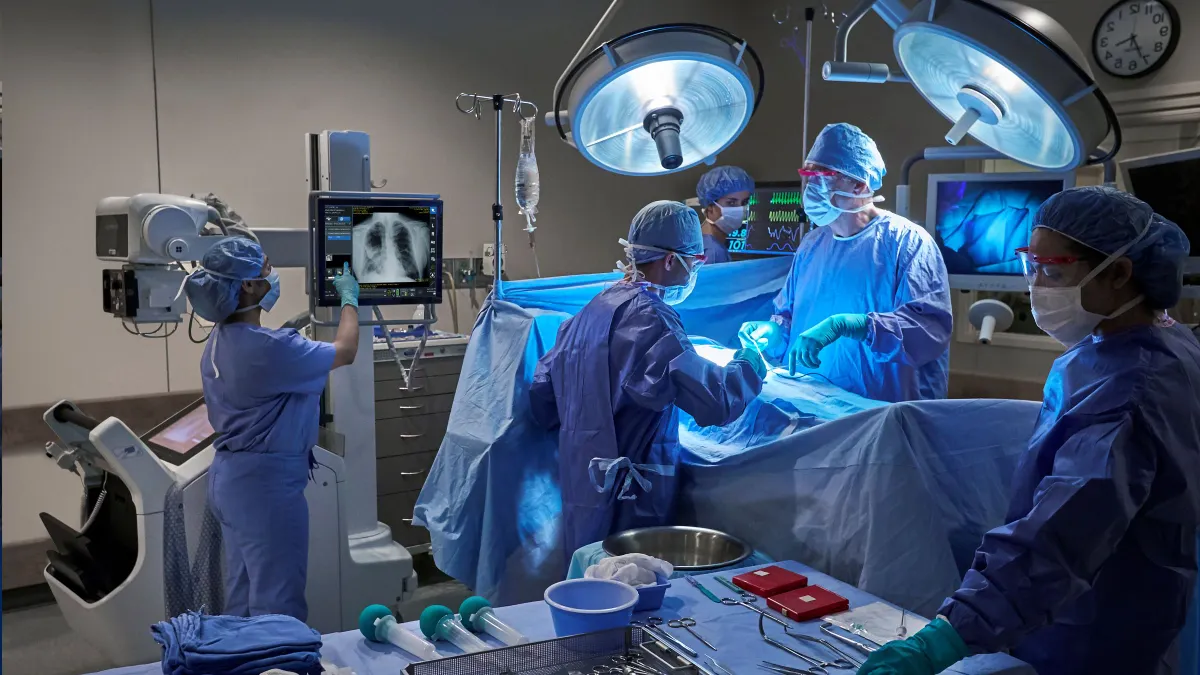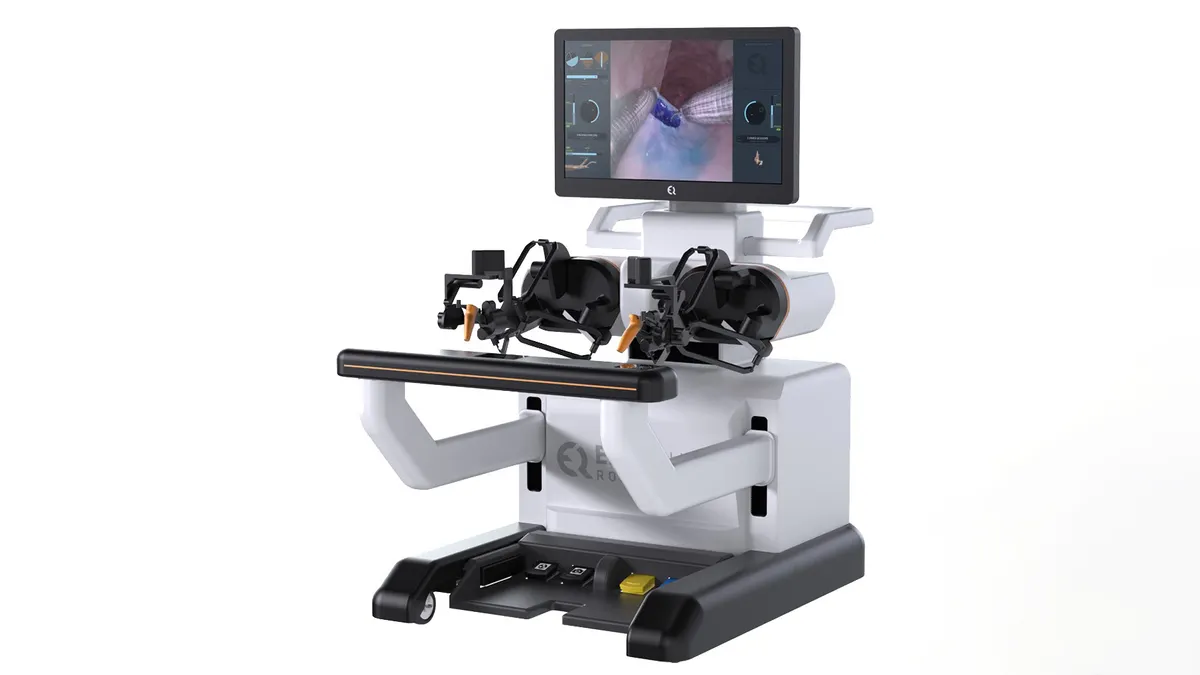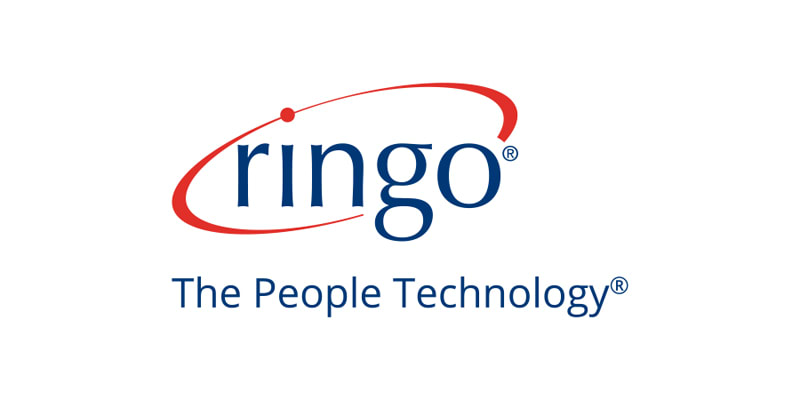Medtech firms expressed dissatisfaction with new European Union device regulations in submitted comments.
European officials began accepting input one month ago to evaluate the effects of the regulations on medical devices (MDR) and in vitro diagnostics (IVDR). The commission wants to know if the rules are effective, efficient and proportionate; meet current and emerging needs; and align with other actions.
Many respondents believe MDR and IVDR are failing to deliver on those goals. Across the 118 comments published as of Monday, stakeholders have called the regulations “unreasonably complicated,” “terrible for EU patients and doctors” and “a mess.” Here are three themes in the criticism.
Small companies are struggling
There are still more than two months until the consultation closes, and many larger companies and trade groups have yet to respond. The existing set of comments provides a look at the pressures MDR and IVDR have imposed on small organizations, which may be less able to cope with additional burdens than their larger counterparts.
ACI Medical, a 30-person, U.S.-based company, said MDR has stopped it from marketing a device in the EU that prevents amputations of the lower extremities. The company said the “financially burdensome MDR is actually harming your constituents on multiple levels.”
FaceYourPain, a two-person startup in the EU, said it abandoned its clinically proven digital tool because MDR compliance was “entirely unfeasible.” The company is urging EU legislators to “reconsider and revise these overly burdensome regulations, which are stifling innovation and driving startups out of the market before they even have a chance to succeed.”
Other respondents proposed solutions. Weber Hospital Systems, a Dutch manufacturer of disinfection equipment, outlined steps to improve the “time-consuming and financially draining” regulations.
“Certification should revolve around the primary standards applicable to each type of medical device,” the company said. “Building certification processes around such core standards allows for more targeted and effective evaluations, ensuring that devices perform their intended function rather than merely satisfying an excessive amount of paperwork.”
Okuvision, a German producer of rare disease devices, said the “process from the initial engagement with a Notified Body to the final release for sales takes far too long.” The company proposed the creation of a pathway like the Food and Drug Administration’s breakthrough device program to accelerate review through “more pragmatic and reasonable assessment procedures.”
Finnish diagnostic group Hematoscope praised MDR and IVDR, saying the rules have “significantly enhanced patient safety and the quality of medical devices.” However, the company also outlined a range of problems. Hematoscope said “regulatory assistance programs tailored for startups, including subsidized access to Notified Bodies, training and mentorship on compliance requirements” could help address the issues.
IVD launches ‘virtually impossible’
Hematoscope is one of several organizations to focus on the issues created by IVDR. Employees of the Dutch hospitals Princess Máxima Center and UMC Utrecht separately said “there was no significant problem with IVDs in Europe” and “the new IVDR regulations were designed to solve a problem that, in my professional judgment, did not exist.” Both employees said IVDR has created problems.
“For small biotech/diagnostics start-ups and medium-sized companies, it has become virtually impossible, financially speaking, to bring innovative diagnostic techniques, assays and analytical instruments to market,” the UMC Utrecht IVD expert said. “This field now seems almost entirely dominated by large multinational corporations, many of which are non-European.”
Cypress Diagnostics managing director Thomas Missine, who opened his comment with the line “what a mess!”, said the old IVD directive was “up for improvement” but disagreed that IVDR was the right way to improve patient safety. Cypress has halved its portfolio since 2017 by exiting areas where compliance costs are too high and has seen its productivity fall 50%, Missine said.
‘Ridiculous’ legacy device rules
Other respondents criticized the EU’s approach to legacy devices. The U.S.-based medtech companies ReShape Lifesciences and MedOne Surgical and French hemodialysis business Physidia all questioned the need to completely recertify devices with proven safety records.
“The approach taken by the EU seems disproportionate, particularly when it comes to devices that have already proven their long-term safety and efficacy,” Physidia said. “A more pragmatic approach would be to focus on post-marketing surveillance and vigilance data for these devices. This would ensure patient safety while reducing the regulatory burden on manufacturers.”
MedOne provided a specific example, saying the “documentation requirements for simple forceps or cannula devices that have been on the market for decades with a proven safe and effective track record is ridiculous.”
The commission is accepting feedback until March 21. However, officials could propose some changes before all the feedback is in. In November, the new commissioner for health and animal welfare said the commission could deliver implementing acts that do not require a legislative amendment in the first quarter of 2025. The actions could “reduce burden and simplify procedures,” the commissioner said.




















